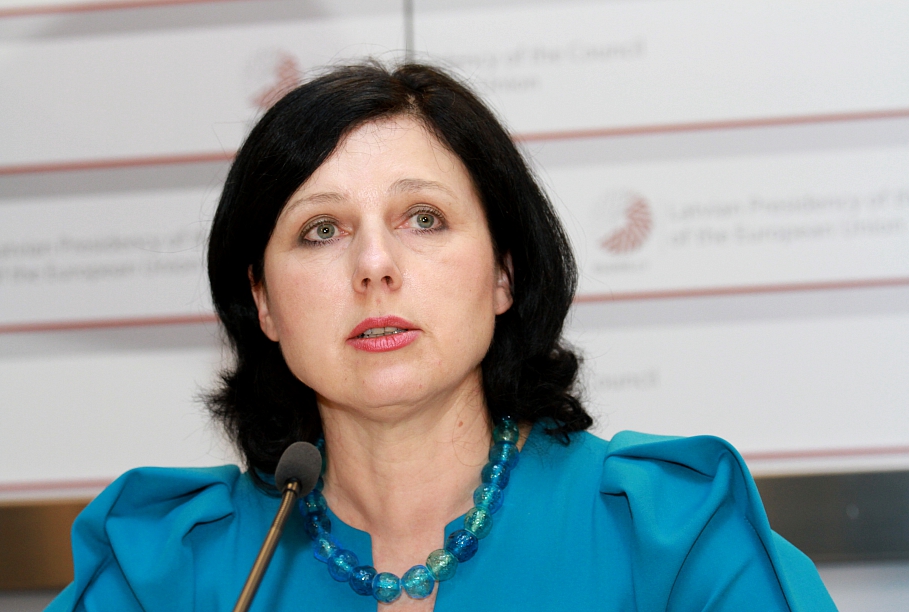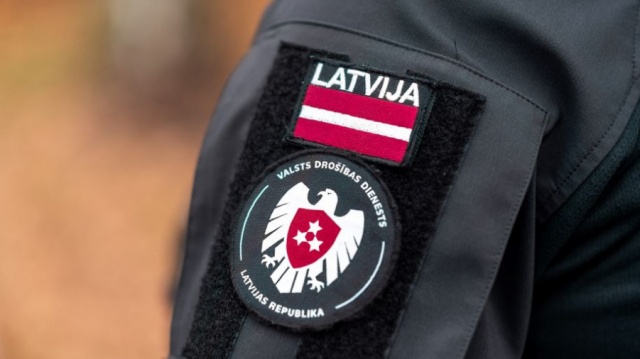The definition would help the prosecution of EU citizens who volunteer to fight for terrorist organizations such as Islamic State.
“We might look at the framework decision of the United Nations to find a solution on the definition of foreign fighters,” European Union Commissioner for Justice, Consumers and Gender Equality, Vera Jourova, told journalists after a day of deliberations.
“In the United Nations resolution there is a definition of this new phenomenon and we need to transfer this definition to EU legislation,” Jourova said.
“We agreed with all the participating member states and ministers today that we need a definition regarding foreign fighters but also terrorism itself in terms of criminal offences. We need to harmonise this.”
Jourova said she hoped for “swift adoption and implementation into national legislations.”
In addition Jourova said Justice Ministers had also drawn up a five-point plan to combat terrorism based upon tackling anti-Semitic and anti-Muslim sentiment, improving EU level cooperation between law-enforcement agencies, preventing radicalisation in prisons, implementing the existing EU Anti-Money Laundering Directive and adapting legislation on data protection and exchange.
Latvian Justice Minister Dzintars Rasnacs had hosted the discussions and said on the issue of making digital information about individuals available to law enforcement bodies the EU had to "find a balance" between data protection and public protection.
On Thursday, EU Interior Ministers drew up their own four-point plan to combat terrorism in Riga. The fight against terror which has become one of the priorities of Latvia's Presidency of the European Union after the deadly attack on French satirical newspaper Charlie Hebdo in January.




























